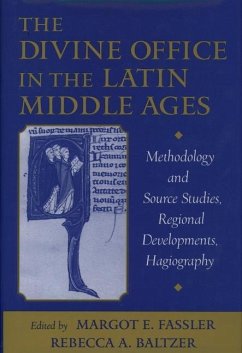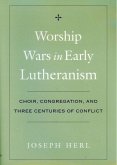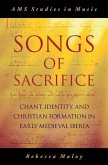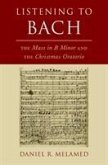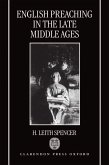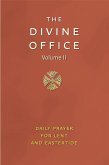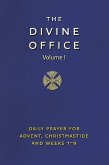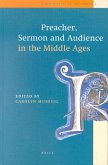The Divine Office-or, the cycle of daily worship services other than the Mass-constitutes the most important body of liturgical texts and music for medieval studies. It is a collection of spiritual works that is central to the culture of the Middle Ages. This volume addresses the Office from a variety of points of view, allowing the reader to grasp the current state of research and to make connections.
The Divine Office--the cycle of daily worship other than the Mass--is the richest source of liturgical texts and music from the Latin Middle Ages. However, its richness, the great diversity of its manuscripts, and its many variations from community to community have made it difficult to study, and it remains largely unexplored terrain. This volume is a practical guide to the Divine Office for students and scholars throughout the field of medieval studies. The book surveys the many questions related to the Office and presents the leading analytical tools and research methods now used in the field. Beginning with the Office in the early Middle Ages, the book covers manuscript sources and their contents; regional developments and variations; the relationship between the Office, the Mass, and other ceremonies and repertories; and the deep links between the Office and medieval hagiography. The book concludes with a discussion of recent technical advances for handling the enormous amounts of evidence on the Office and its performance, in particular CANTUS, the vast electronic database developed by Ruth Steiner of Catholic University for the analysis of chant repertories. The Divine Office in the Latin Middle Ages is an essential resource for anyone studying medieval liturgy. Its accessible style and broad coverage make it an important basic reference for a wide range of students and scholars in art history, religious studies, social history, literature, musicology, and theology.
The Divine Office--the cycle of daily worship other than the Mass--is the richest source of liturgical texts and music from the Latin Middle Ages. However, its richness, the great diversity of its manuscripts, and its many variations from community to community have made it difficult to study, and it remains largely unexplored terrain. This volume is a practical guide to the Divine Office for students and scholars throughout the field of medieval studies. The book surveys the many questions related to the Office and presents the leading analytical tools and research methods now used in the field. Beginning with the Office in the early Middle Ages, the book covers manuscript sources and their contents; regional developments and variations; the relationship between the Office, the Mass, and other ceremonies and repertories; and the deep links between the Office and medieval hagiography. The book concludes with a discussion of recent technical advances for handling the enormous amounts of evidence on the Office and its performance, in particular CANTUS, the vast electronic database developed by Ruth Steiner of Catholic University for the analysis of chant repertories. The Divine Office in the Latin Middle Ages is an essential resource for anyone studying medieval liturgy. Its accessible style and broad coverage make it an important basic reference for a wide range of students and scholars in art history, religious studies, social history, literature, musicology, and theology.

